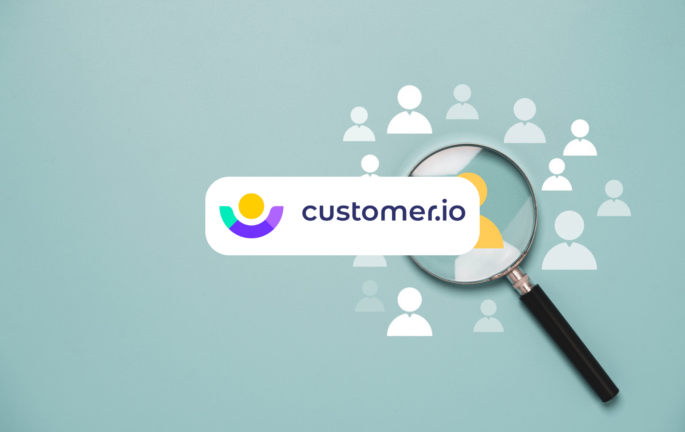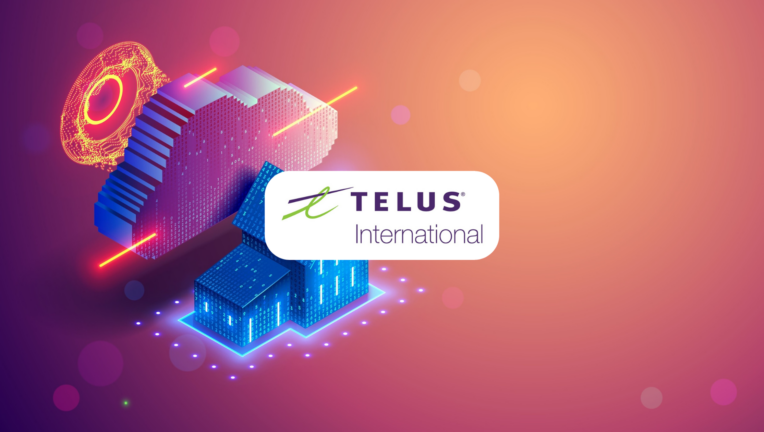Conversational AI is an intelligent technology that enables humans to interact with computers through natural dialogs.
This technology is configured to recognize and understand human speech and text and respond in a human-like manner. To execute this, Conversational AI leverages advanced technologies such as Automatic Speech Recognition, Natural Language Processing (NLP), and Machine Learning to name a few.
It allows businesses to integrate AI into the omnichannel experiences they deliver, improving customer service and boosting sales. For instance, as contact centers are the central hub for all sorts of questions and complaints, these AI technologies help agents carry out natural conversations with their customers, regardless of their language or accent.
According to research that provides insight into what the world thinks about Conversational AI, 56% of CEOs and CTOs of various organizations say that conversational chatbots are changing the game in their respective industry.
When it comes to ROI on conversational chatbots, 57% of respondents say that this technology requires minimal effort while delivering significant results.
Considering that conversational AI will be worth around $40 billion by 2030, the technology has yet to reach its full potential. While its advantages are numerous, the key benefits of using conversational AI are:
1. Better Customer Experience
Due to easy communication and problem-solving, Conversational AI is designed to provide almost instant answers to customer queries. What brings user experience to the next level is the AI’s ability to personalize the experience with custom replies. When it comes to improving customer support, conversational AI is a key factor.
2. Cost-Efficiency
As conversational AI is automated and independent with no need for supervision, it requires no operating costs for businesses. Instead of paying for training and hiring employees to complete time-consuming tasks, conversational AI does it with little to no expense. It drives revenue for the company by analyzing engagement, tracking calls, and completing various tasks instead and faster than humans.
3. Optimal Data Collection
Conversational AI helps companies who are looking to better leverage and collect their internal data. The way AI works is by collecting and looking through data to learn more about the customer's needs and favorite products, which helps increase sales and marketing practices. Conversation AI solution uses different technologies to monitor conversations and track customer behavior. This allows the AI solution or AI platform to draw out data about the consumers’ interests.
4. Higher Productivity
Handling several tasks without any human agent interference in a short span of time takes productivity to another level. Employees thus spend less time on time-consuming, repetitive tasks or customer interactions and instead focus on individually tailored customer satisfaction and management processes.
Being available 24/7, conversational AI allows customer service representatives to respond more quickly and also engage in multiple messaging conversations simultaneously.
5. Increased Accessibility
Increased accessibility means that customers can interact through their preferred channel, a call, a text message, or a mobile chat, all because conversational AI is omnichannel. This puts the customer journey on the right track before it even begins.
Companies can even equip their social media platforms or websites with conversational AI for increased accessibility. By doing so, if a customer needs assistance during off-hours, a conversation AI can answer their questions.
Conversational AI can adapt to customers' preferred forms of interaction, solve any logistics problem, save time, and ultimately increase customer satisfaction.








